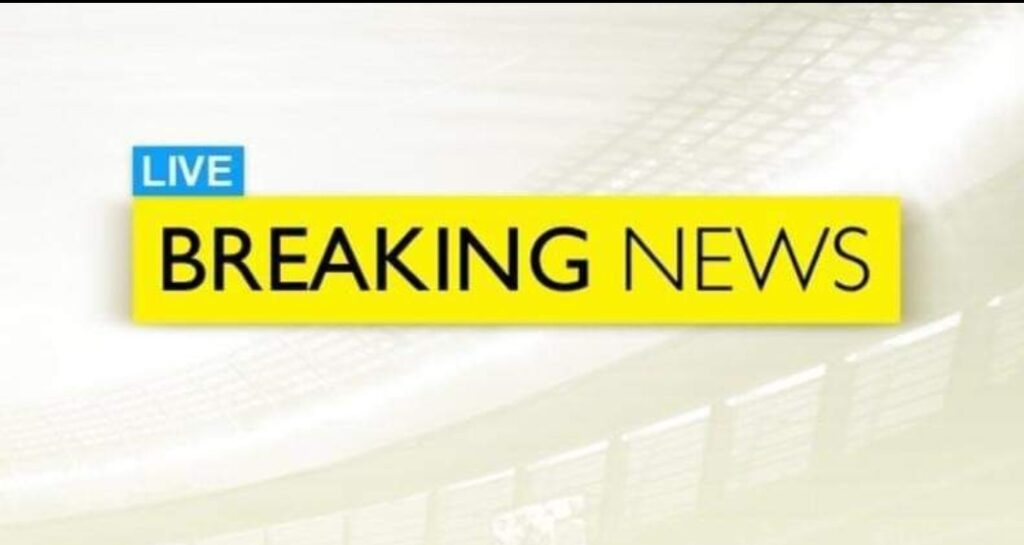Manchester United is on the verge of a significant takeover led by Sir Jim Ratcliffe of INEOS, sparking a potential clash with UEFA regulations. Article 5 of UEFA’s Champions League regulations explicitly prohibits clubs participating in their competitions from having any control or involvement in another participating club. This rule aims to maintain fairness and prevent undue influence from a single entity, especially when teams under the same ownership might face each other.
The INEOS takeover faces a hurdle as the conglomerate already owns Nice, a noteworthy club performing well in Ligue 1. If the Manchester United acquisition by INEOS happens, both clubs would fall under the same ownership, violating UEFA’s regulations against closely associated teams simultaneously competing. Only one of the clubs would be allowed entry into UEFA competitions, with priority given to the team finishing higher in their domestic league standings.
If both clubs finish at the same position, UEFA’s preference shifts to the team from the association ranking highest on its access list, with England currently holding the top spot. Nice’s strong performance in Ligue 1, closely trailing league leaders PSG, adds complexity. For Manchester United to gain UEFA priority over Nice, they must secure a second-place finish in the Premier League. Failure to do so could expose United to the risk of a Champions League ban.
Further complicating matters, the lower-finishing team might be required to qualify for the Europa Conference League, as UEFA rules prevent linked clubs from facing each other. This intensifies the pressure on both Manchester United and Nice to secure European spots, creating an intricate web of regulations and potential consequences arising from the INEOS takeover. The impending discussions between UEFA and the involved parties will undoubtedly shape the trajectory of these football clubs in the months to come.
